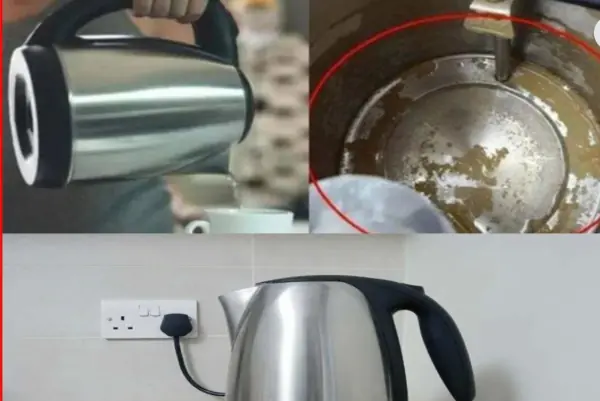
Stop Using Plastic Bottles Like This: 3 Habits That Could Increase Cancer Risk
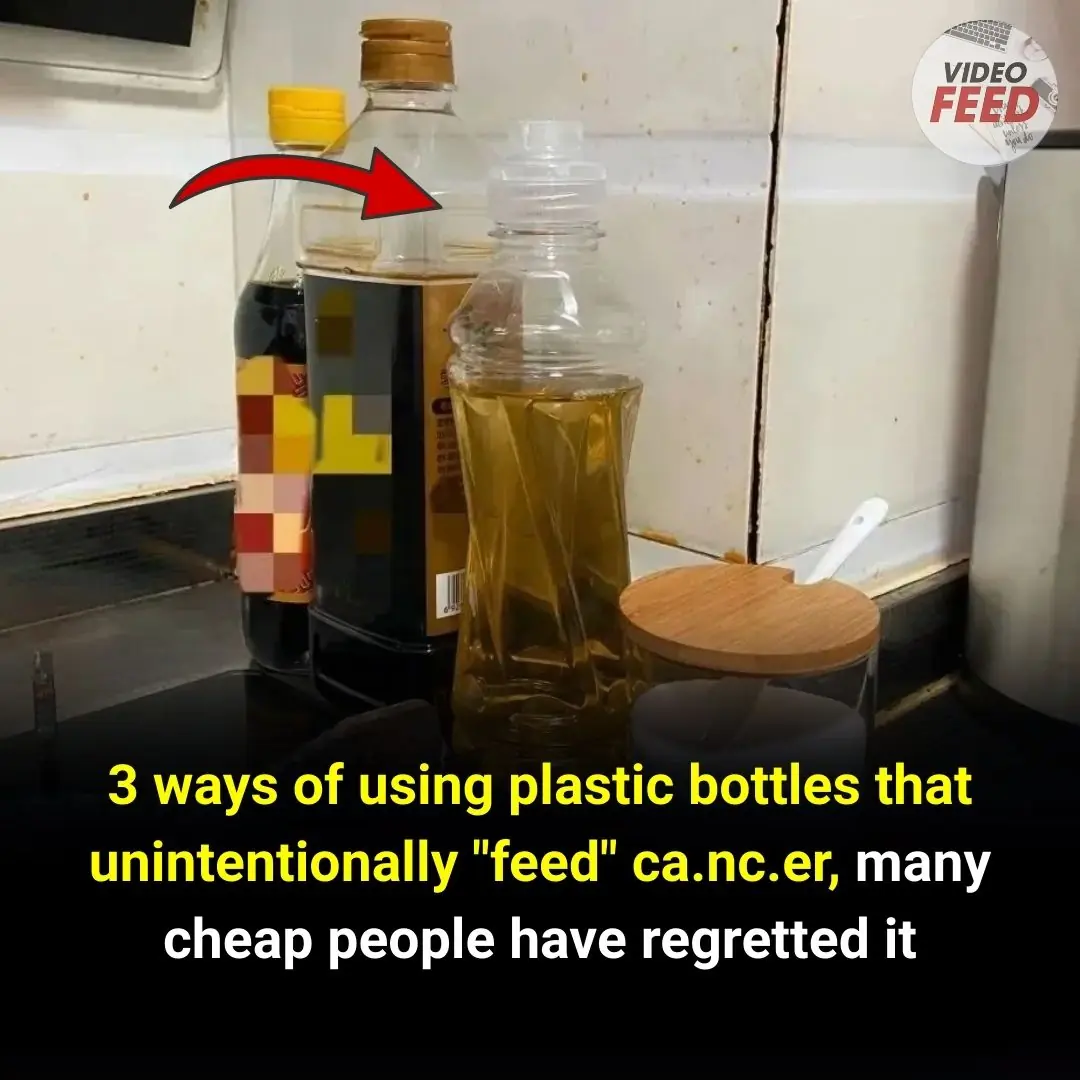
It’s not hard to find empty plastic drink bottles at home being reused to store “something else.”
Plastic products are now extremely common. We can see them everywhere in daily life — plastic bottles used for mineral water, soft drinks, soy milk, bubble tea, and more. Out of a habit of saving money and reusing traditional plastic waste, many people have become accustomed to recycling these bottles.
Recycling plastic bottles can help protect the environment, but improper reuse — such as washing and refilling them many times, scrubbing them, or “sterilizing” with boiling water — can cause them to release toxins, unintentionally introducing “seeds” of disease and cancer into the body without our awareness.
1. Using PET Plastic Bottles for a Long Time
The lifespan of a PET plastic bottle used for soft drinks or cooking oil is about 2 years, and it may be reused for a short period. However, if reused for more than 10 months, these bottles can release a Group 2B carcinogen (according to WHO classification) called Diethylhexyl Phthalate (DEHP), a plasticizer commonly used in the plastics industry. Risks include liver cancer, heart cancer, lung cancer, and kidney cancer, as well as endocrine disruption and hormonal imbalance.
Additionally, if you don’t properly clean the threads around the bottle mouth and cap, the risk of Aflatoxin and E. coli contamination is also very high.
Where is DEHP found?
As mentioned, DEHP is a plasticizer widely used in the plastics industry. Phthalates are commonly applied to create flexible plastic packaging, which is then used to produce plastic bottles, food wrap films, plastic curtains, plastic doors, nail polish, pacifier tips, children’s toys, and more.
2. Using Bottles to Store “All Kinds of Things” in the Kitchen
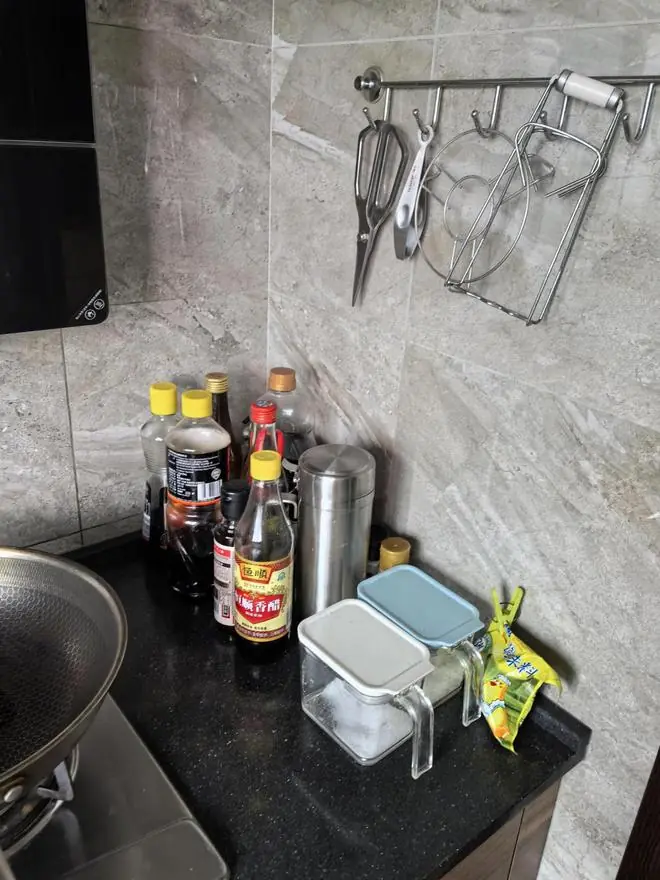
Have you ever wondered why bottles made for vinegar or cooking oil look different from those for soft drinks or soy sauce? It’s easy to see beverage bottles being reused to store vinegar, cooking oil, soy sauce, etc., especially in restaurants.
In fact, when manufacturers produce bottles for specific contents, the formula of the plastic is “specially designed” to safely hold that product.
What does this mean? If you use a soft drink bottle to hold vinegar, or a cooking oil bottle to hold liquor or fish sauce, it is inappropriate and can easily lead to chemical leaching into food and condiments. For instance, antimony may be used in producing beverage bottles, and its migration rate increases in acidic environments. Vinegar has a low pH, so if you pour vinegar into a used drink bottle, the chemical can leach into the vinegar, causing illness if consumed long-term — damaging the skin, heart, kidneys, liver, and other organs.
Similarly, PET bottles are not oil-resistant and degrade when used to store cooking oil. Once filled with oil, microplastics and unsaturated fatty acids quickly leach out, mixing with plasticizers released from the bottle. This not only causes toxin buildup but also degrades the oil, making it rancid.
Some may think: “If I don’t use PET bottles for liquids, I can safely use them for dry goods like rice or beans, right?” It may sound reasonable, but as mentioned, PET bottles have an expiration date. When used to store dry food for long periods, we often “forget about their lifespan.”
3. Using PET Bottles to Hold Boiling Water
If you believe sterilizing bottles with hot water makes them safer, unfortunately PET bottles can easily “soften, deform,” and release toxins faster at temperatures above 70°C. Prolonged use under such conditions is harmful to human health.
Additionally, many people keep bottles of condiments right next to the stove for convenience. This is also risky, as prolonged exposure to high heat increases the migration and diffusion of harmful substances from the plastic.
How Should Plastic Bottles Be Used Safely?
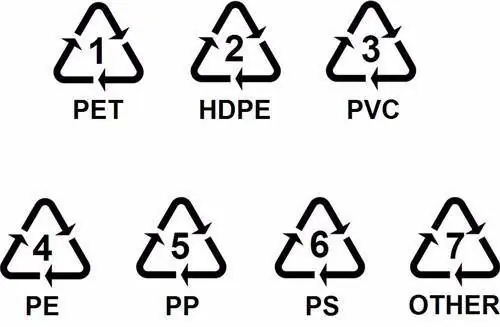
You can often find certain symbols at the bottom of plastic bottles or containers — these are important guides if you intend to reuse them.
-
A logo with two arrows pointing at each other indicates the product is recyclable.
-
A triangle with arrows, sometimes with a number inside, identifies the type of plastic used. There are seven numbers (1–7), each representing a different type of resin:
-
1 – PET: Designed for single use, not recommended for reuse.
-
2 – HDPE: Can be reused for food storage but must be sterilized with boiling water before use, as it’s difficult to clean and prone to bacterial buildup.
-
3 – PVC: Commonly used in pipes and construction materials, not for food.
-
4 – LDPE: Not recommended for reuse; if used, only for a short period.
-
5 – PP: Not recommended for reuse; if reused, must be carefully cleaned. Do not reuse damaged PP products, and keep the reuse period short.
-
6 – PS: Typically for disposable products, not for reuse.
-
7 – Others (PC, Tritan, BPA plastics): BPA is proven harmful with frequent exposure. PC plastics are not recommended for products used by pregnant women, breastfeeding mothers, or children.
In conclusion: Avoid reusing single-use plastic bottles, avoid plastics containing BPA or PC, and never use plastic bottles to hold boiling water. Instead, use safer alternatives such as glass or stainless steel containers (304/316 grade).
News in the same category

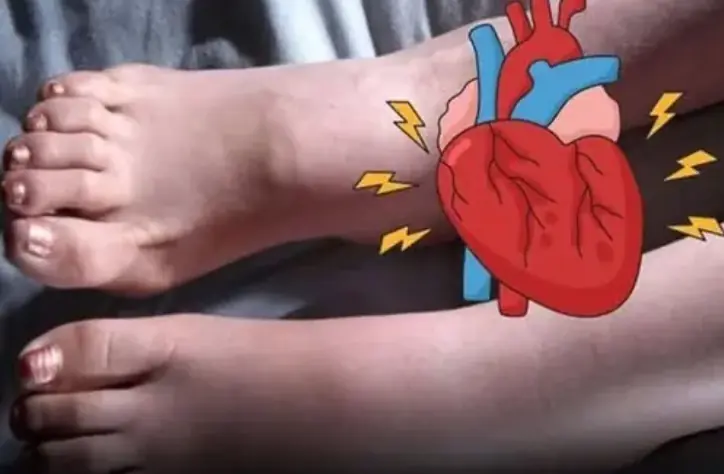
6 Foot Symptoms That May Warn of a Heart Attack Weeks in Advance

12 signs that may signal a brain aneurysm — Don’t ignore them
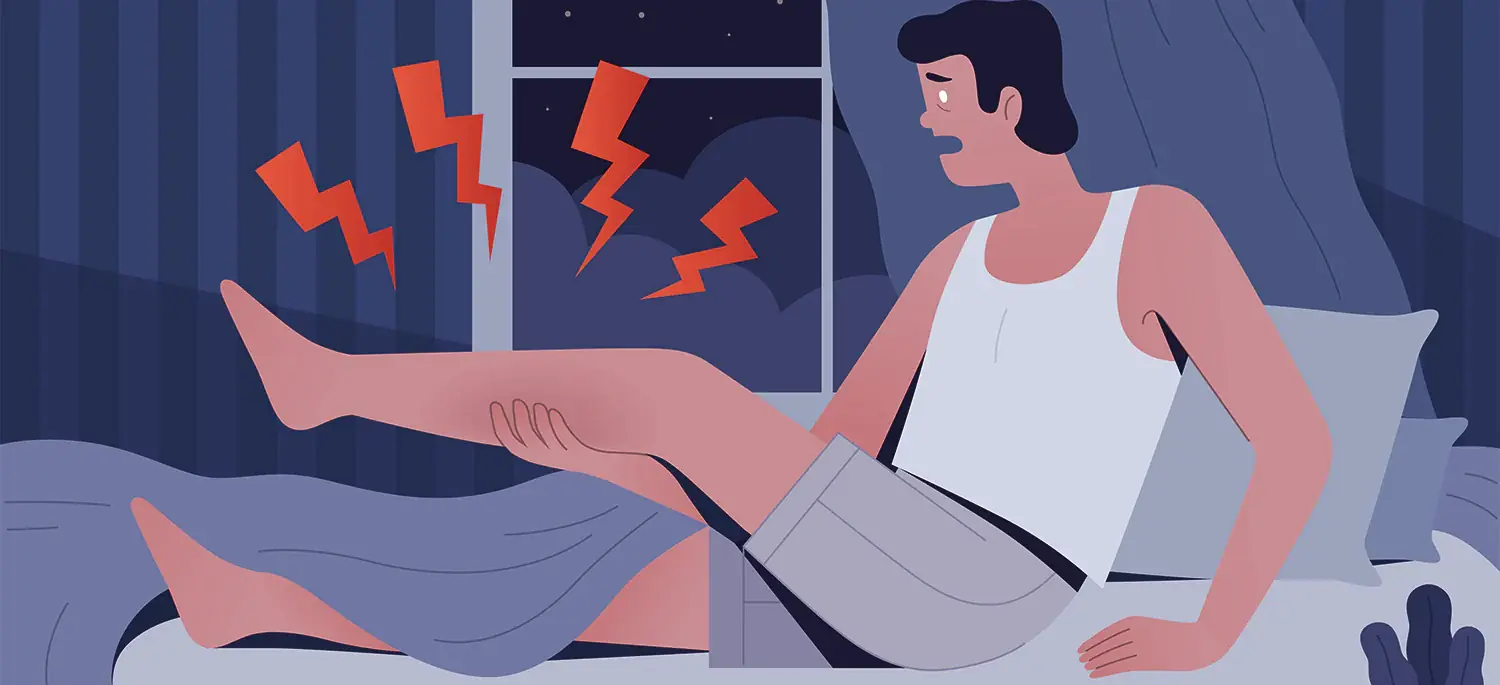
If Your Legs Cramp at Night You Need to Know This Immediately
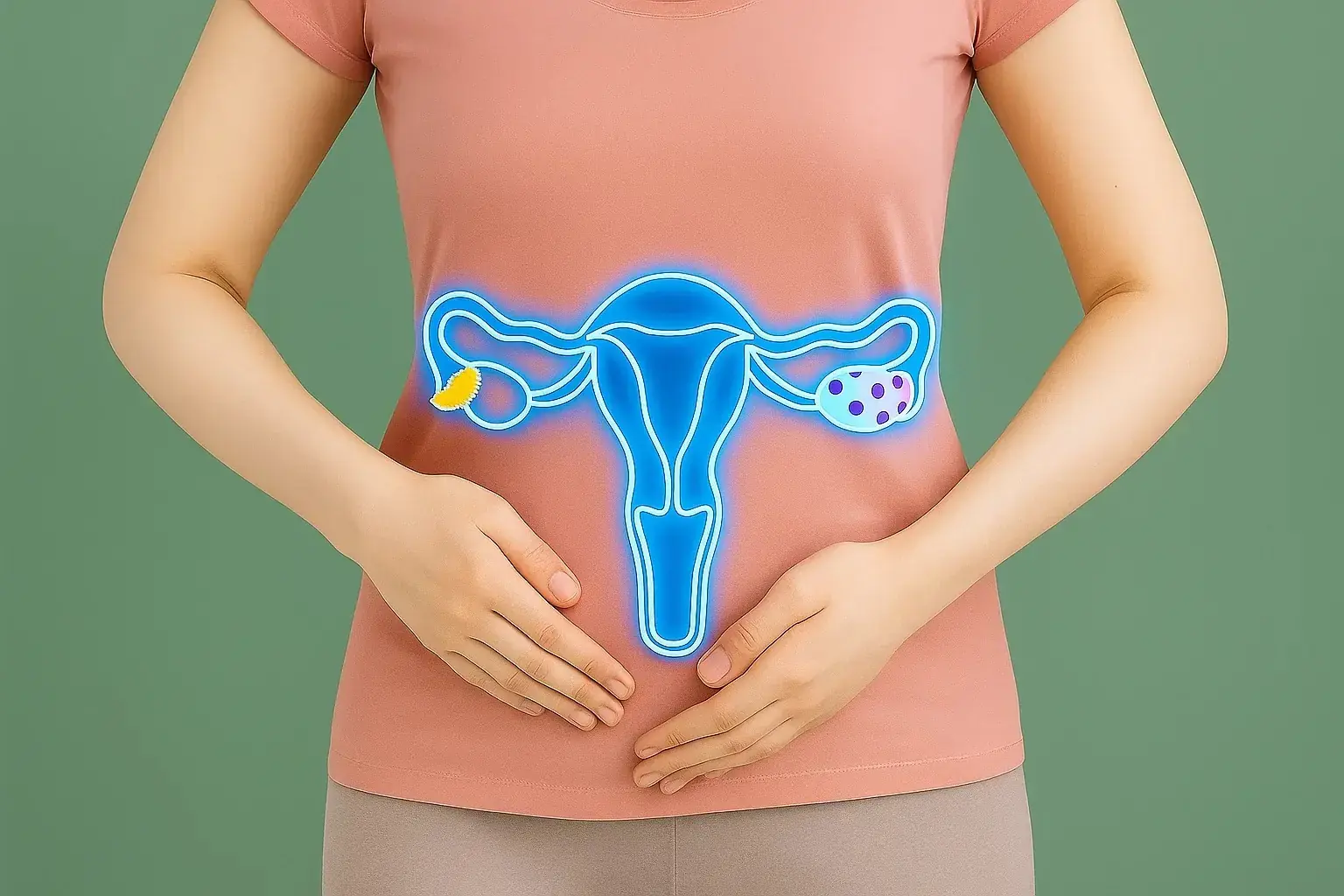
3 Dangerous Habits of Husbands That Secretly Put Their Wives at Higher Risk of Cervical Cancer

Husbands With These 2 Bad Habits May Put Their Wives at Higher Risk of Br:east Can:cer

Only 20 years old but the liver is already old: The 'culprit' is a type of water and a type of food that many people love
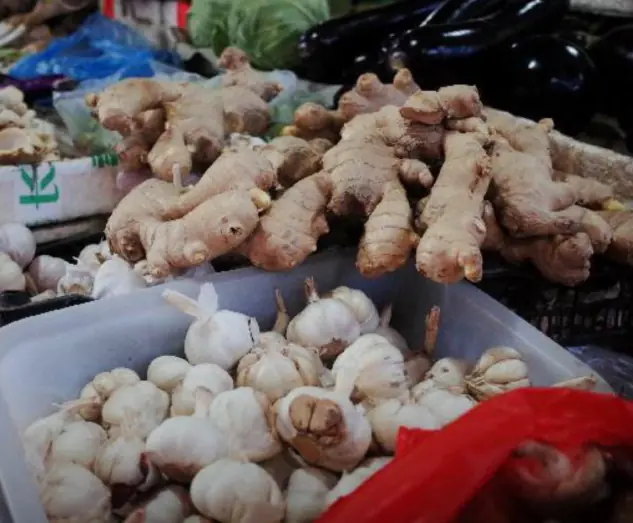
Why should m.en eat a slice of ginger after waking up in the morning?
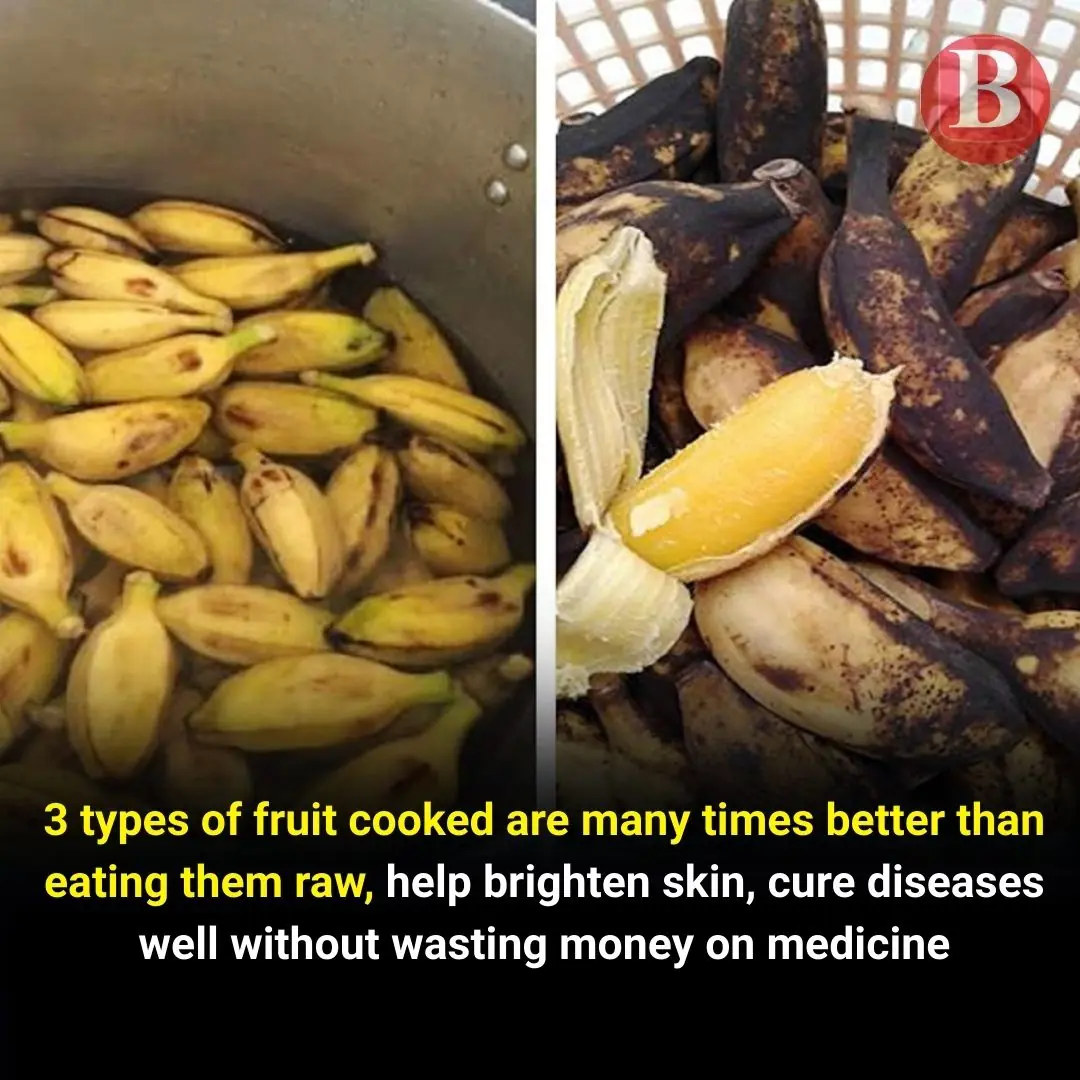
3 types of fruit cooked are many times better than eating them raw, help brighten skin, cure diseases well without wasting money on medicine
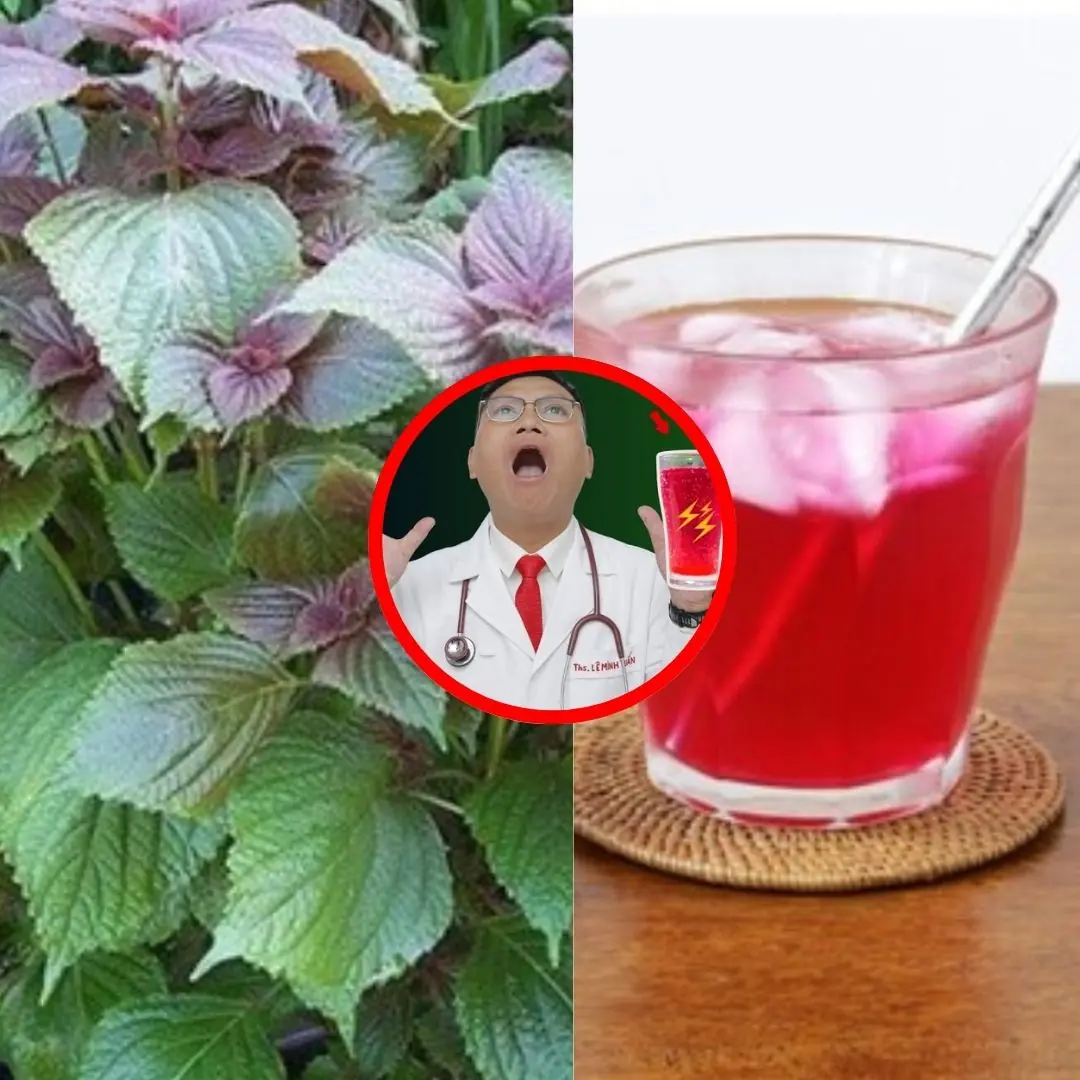
Caution! 3 Groups of People Should Stay Away from Perilla Leaf Water

8 war.ning signs of unhealthy kidneys
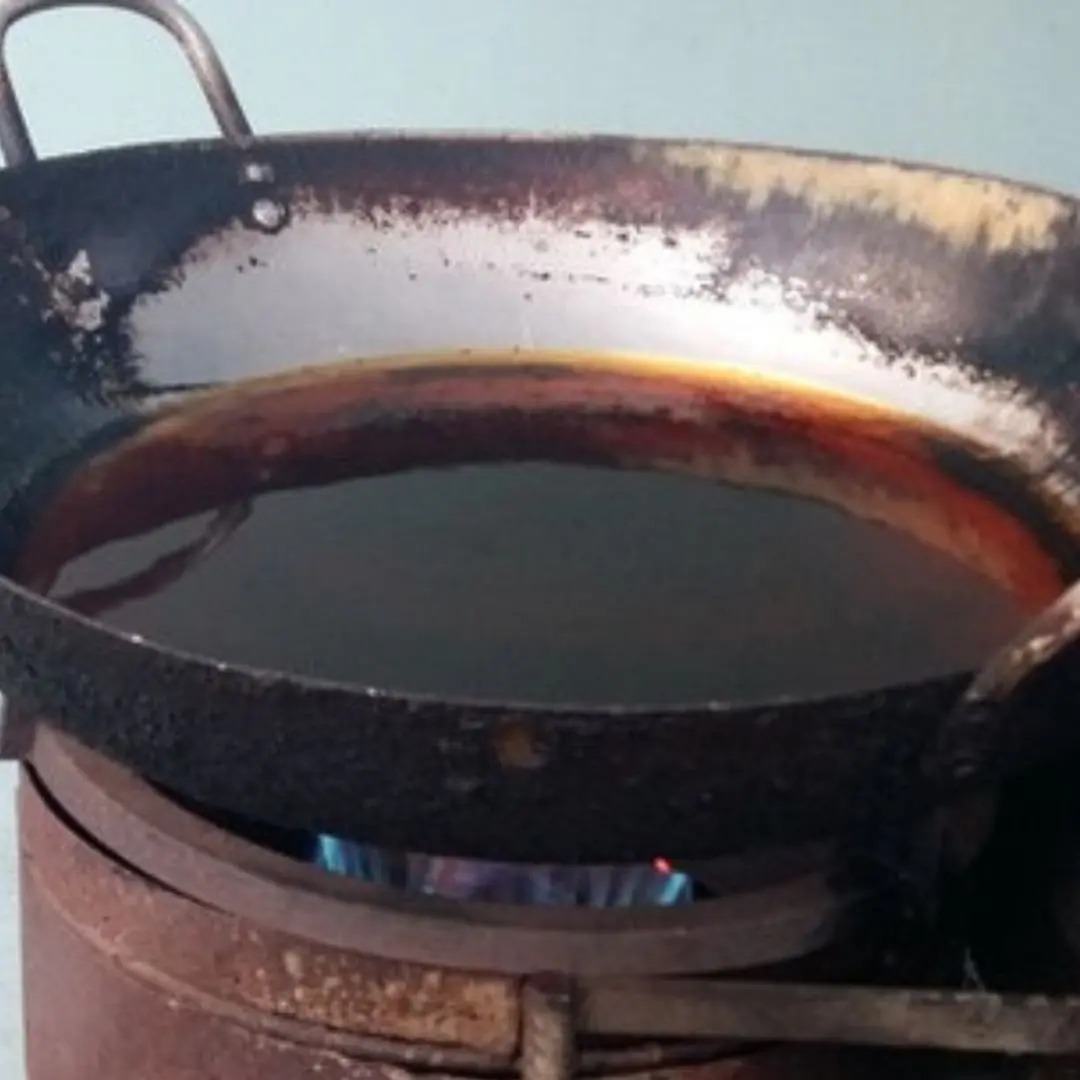
2 Cooking Oils You Should Never Use (and 4 Healthy Ones to Replace Them)

3 signs at night while you’re sleeping that could mean can.cer
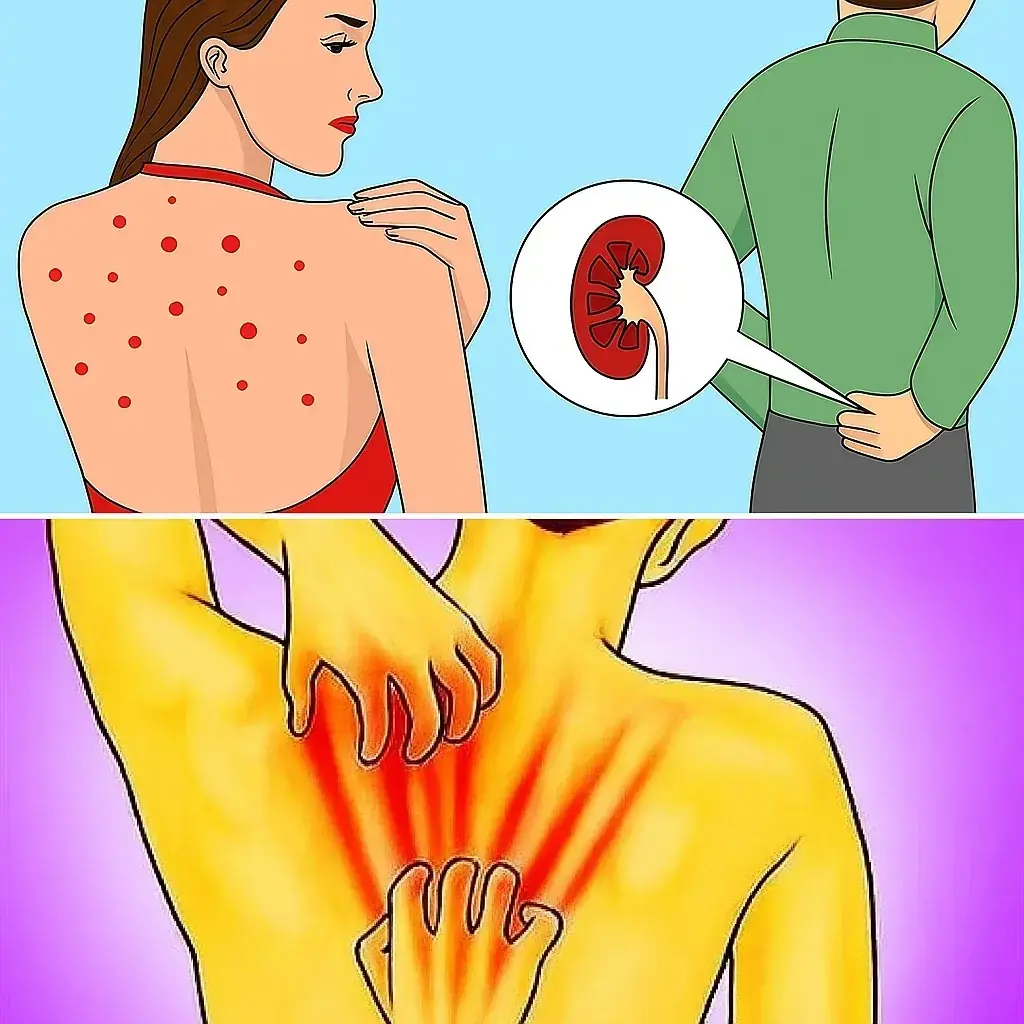
10 Warning Signs Your Kidneys May Be in Serious Danger

The Power of Gyan Mudra: Benefits and How to Practice It

8 Early Warning Signs Of Ovarian Cancer You Shouldn’t Ignore
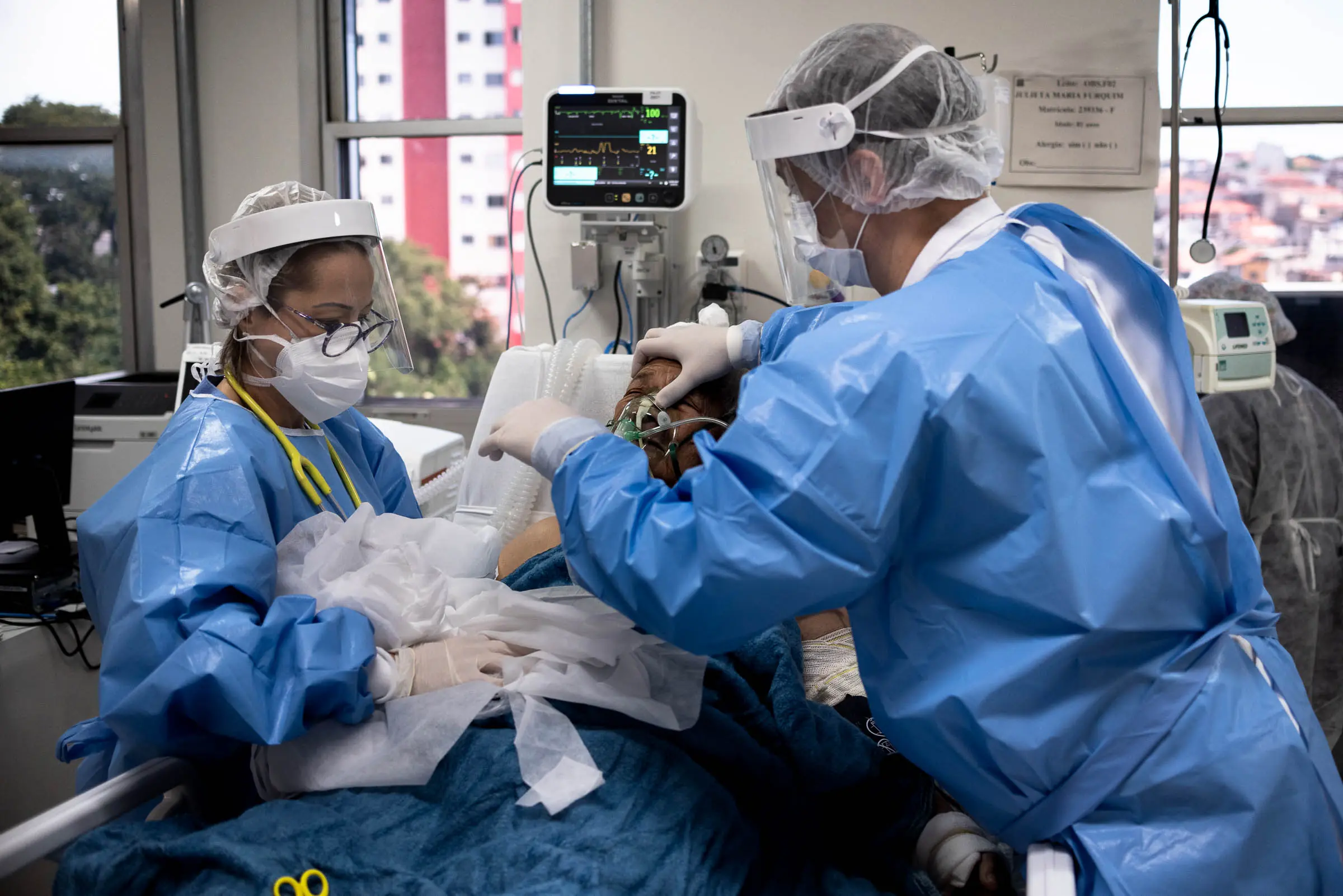
35-Year-Old Man’s Sore Throat Turned into Cancer After 5 Chemotherapy Sessions—Doctor Urges
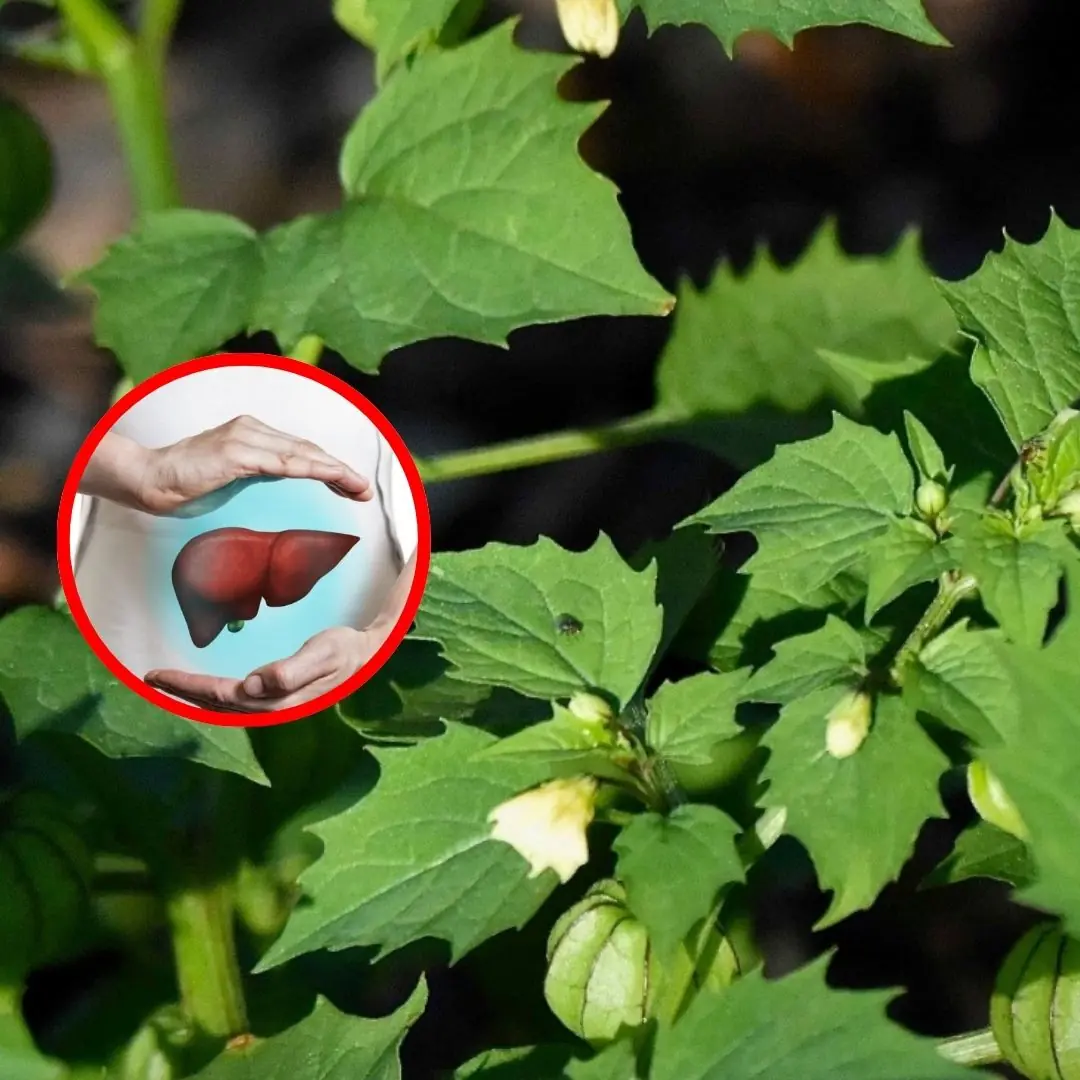
The Leaf Known as a Natural Remedy, But Often Overlooked
News Post

Condolences to those who are using these 4 types of electric kettles

6 Foot Symptoms That May Warn of a Heart Attack Weeks in Advance
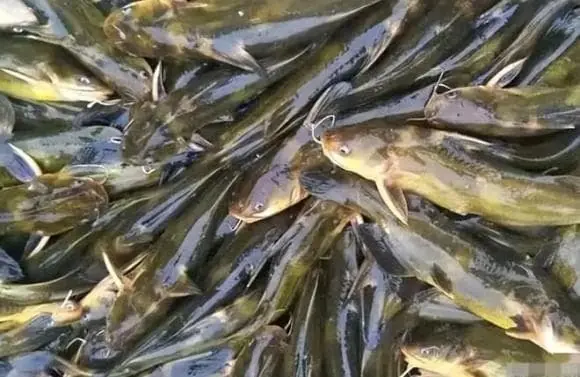
3 Super Nutritious Freshwater Fish

12 signs that may signal a brain aneurysm — Don’t ignore them

If Your Legs Cramp at Night You Need to Know This Immediately

3 Dangerous Habits of Husbands That Secretly Put Their Wives at Higher Risk of Cervical Cancer

Husbands With These 2 Bad Habits May Put Their Wives at Higher Risk of Br:east Can:cer

Only 20 years old but the liver is already old: The 'culprit' is a type of water and a type of food that many people love

Why should m.en eat a slice of ginger after waking up in the morning?
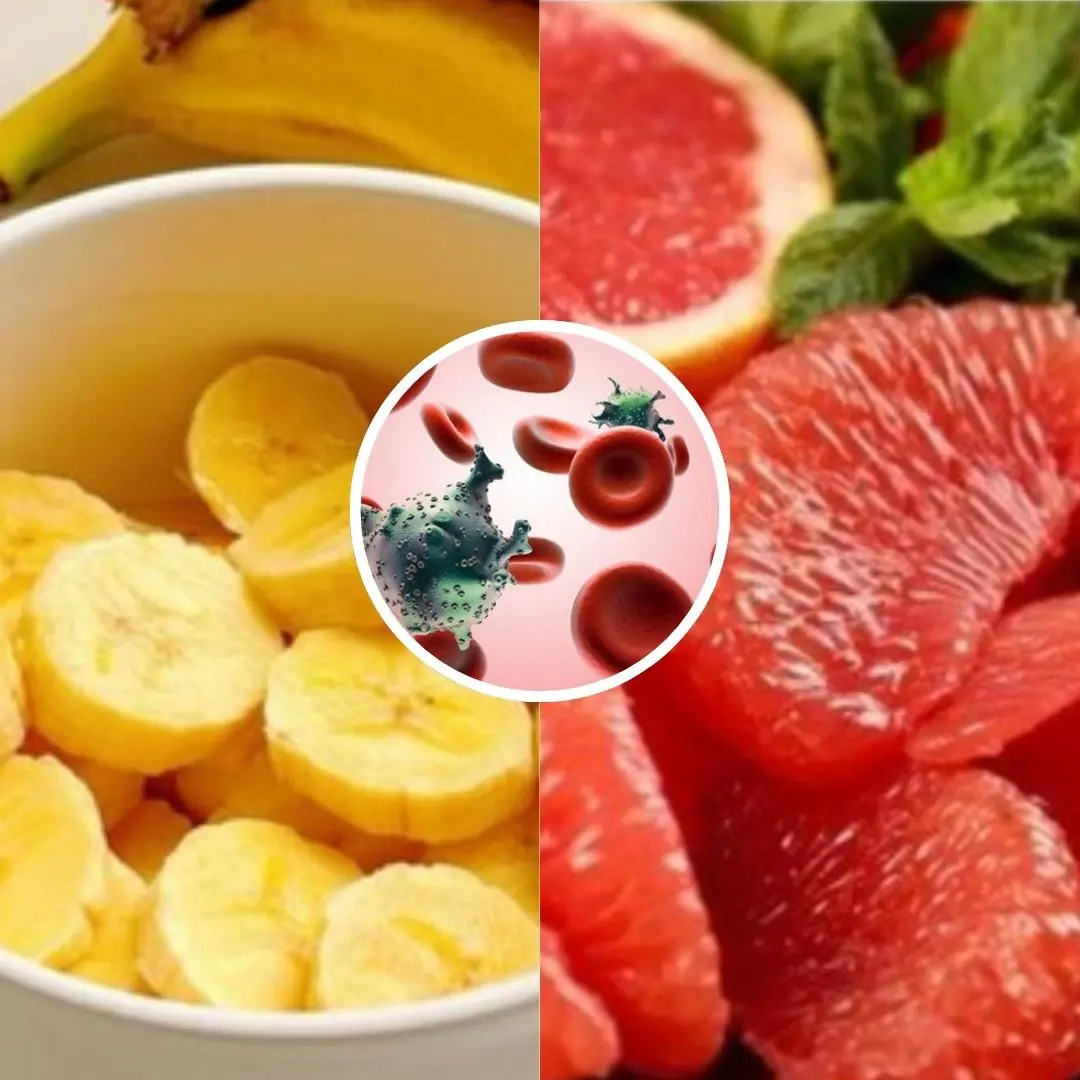
5 types of fruit that help reduce the risk of cancer you should eat regularly
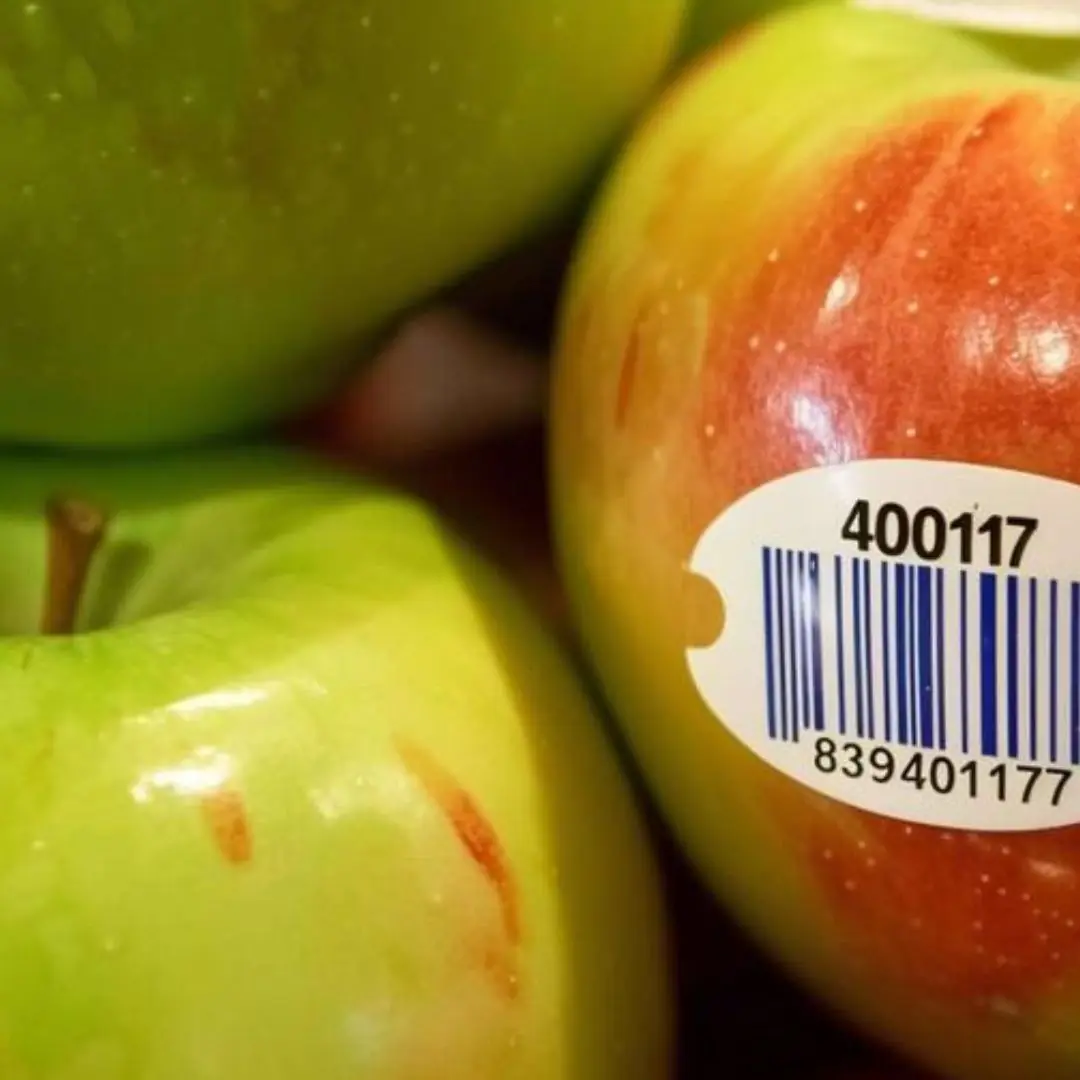
Do you know how to read (and avoid) sticky labels on fresh fruit?
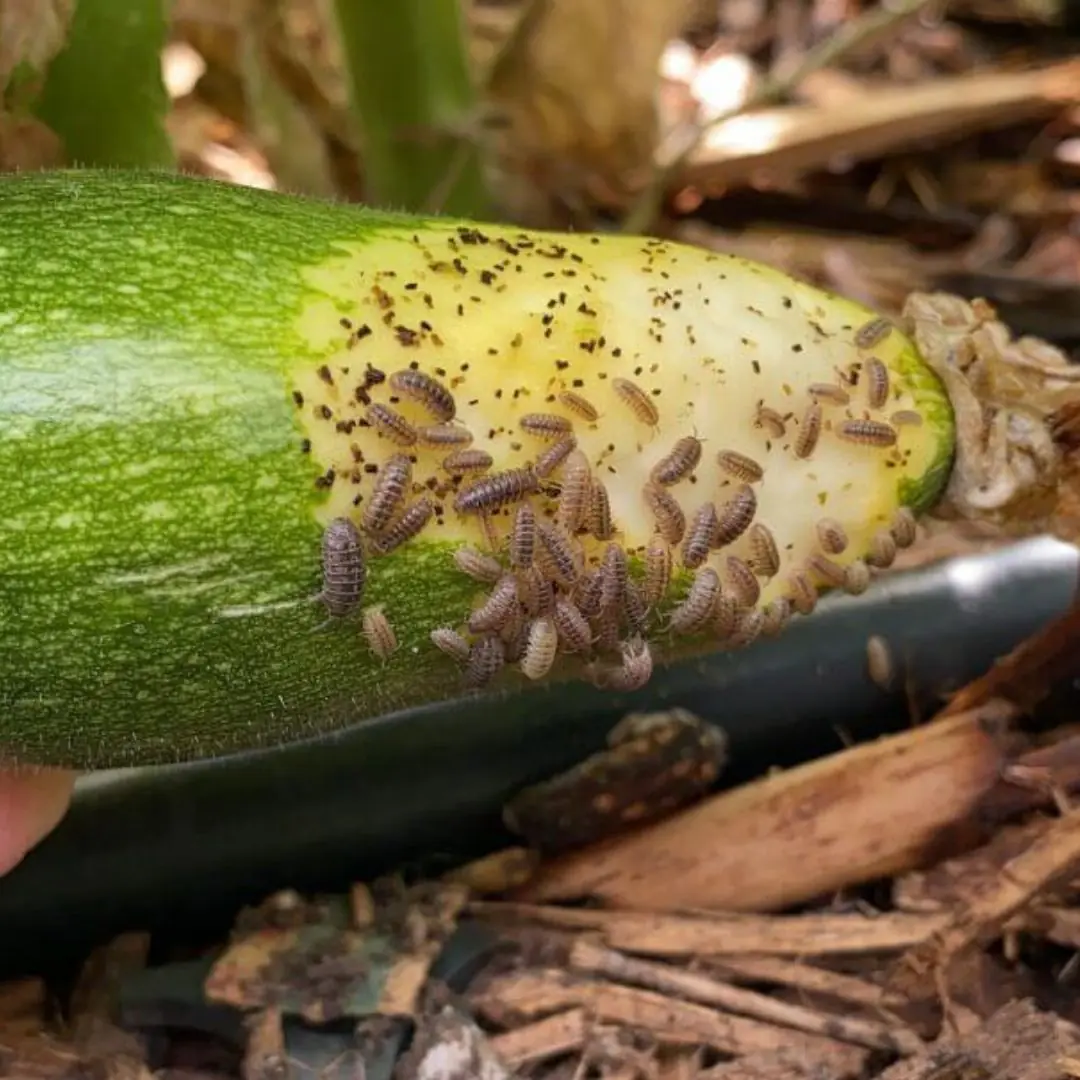
5 Ways to Keep Pill Bugs from Destroying Your Garden

3 types of fruit cooked are many times better than eating them raw, help brighten skin, cure diseases well without wasting money on medicine

Caution! 3 Groups of People Should Stay Away from Perilla Leaf Water

8 war.ning signs of unhealthy kidneys

2 Cooking Oils You Should Never Use (and 4 Healthy Ones to Replace Them)

3 signs at night while you’re sleeping that could mean can.cer

Doctor finally answers question of whether it is better to shower in the morning or at night
